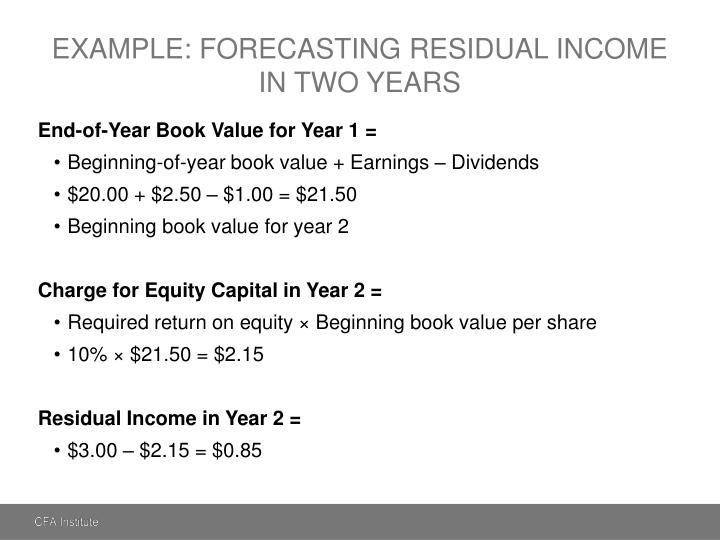

G - Financial Economics > G1 - General Financial Markets > G12 - Asset Pricing Trading Volume Bond Interest Rates M - Business Administration and Business Economics Marketing Accounting Personnel Economics > M4 - Accounting and Auditing > M41 - Accounting M - Business Administration and Business Economics Marketing Accounting Personnel Economics > M4 - Accounting and Auditing > M40 - Generalĭ - Microeconomics > D4 - Market Structure, Pricing, and Design > D46 - Value Theory G - Financial Economics > G3 - Corporate Finance and Governance > G30 - General M - Business Administration and Business Economics Marketing Accounting Personnel Economics > M5 - Personnel Economics > M52 - Compensation and Compensation Methods and Their Effects G - Financial Economics > G3 - Corporate Finance and Governance > G31 - Capital Budgeting Fixed Investment and Inventory Studies Capacityĭ - Microeconomics > D4 - Market Structure, Pricing, and Design > D40 - General G - Financial Economics > G1 - General Financial Markets > G11 - Portfolio Choice Investment Decisions Residual income and value creation: An investigation into the lost-capital paradigmĬorporate finance, management accounting, valuation, residual income, value creation, incentive compensation, residual income, market value, outstanding capital, lost capital, net present value, book value The results found make this new theoretical approach a good candidate for firm valuation, incentive compensation, capital budgeting decision-making Item Type: They are all conveniently reinterpreted within the theoretical domain of the lost-capital paradigm and conjoined in a unified view. Different concepts and results, provided by different authors in such different fields asĮconomic theory, management accounting and corporate finance, are considered: O'Hanlon and Peasnell's (2002) unrecovered capital and Excess Value Created Ohlson's (2005) Abnormal Earnings Growth O'Byrne's (1997) EVA improvement Miller and Modigliani's (1961) investment opportunities approach to valuation Keynes's (1936) user cost Drukarczyk and Schueler's (2000) Net Economic Income,įernandez's (2002) Created Shareholder Value, Anthony's (1975) profit. Relations of the lost capital with book values and market values are studied, as well as relations of the lost-capital residual income with the classical standard paradigm many appealing properties are derived, among which a property of earnings aggregation.

The lost capital may be viewed as (a) the foregone capital, (b) the capital implicitly infused into the business, (c) the outstanding capital of a shadow project, (d) the claimholders' credit. Contrary to the standard residual income, the capital charge is equal to the capital lost by investors. This paper presents a new way of measuring residual income,


 0 kommentar(er)
0 kommentar(er)
